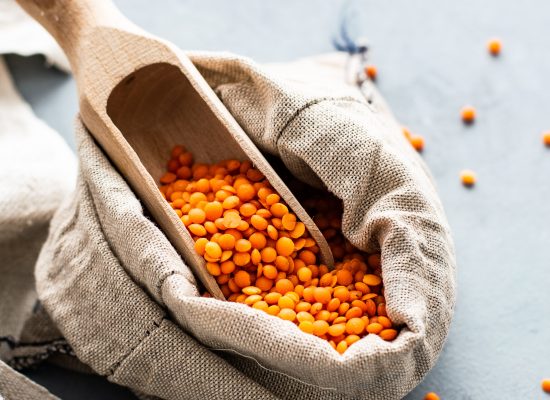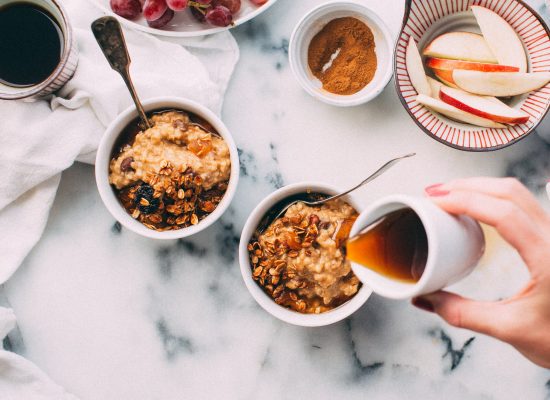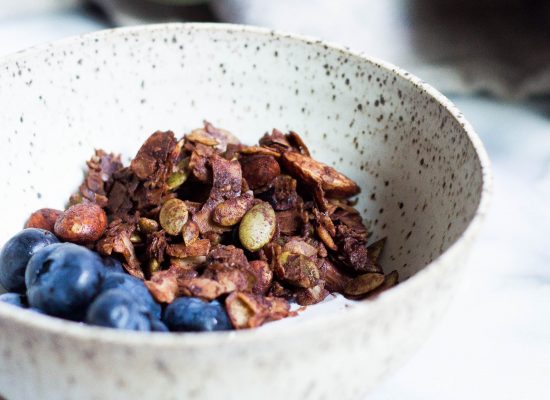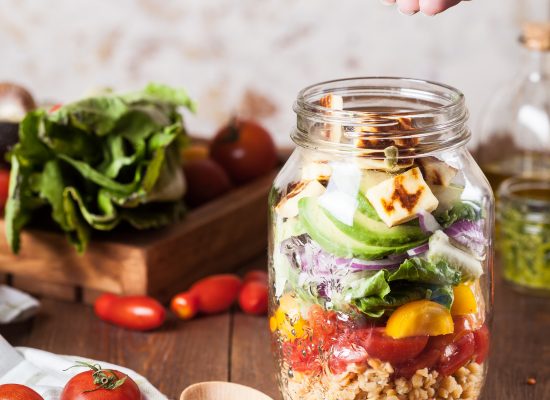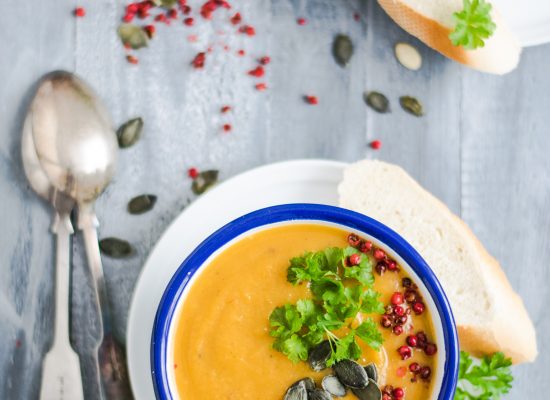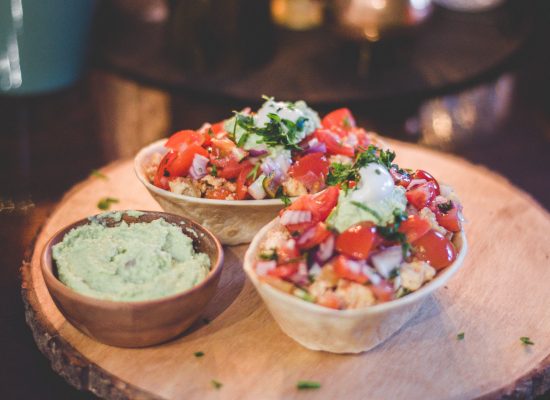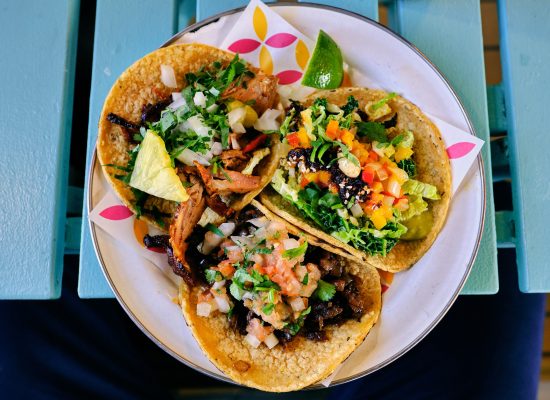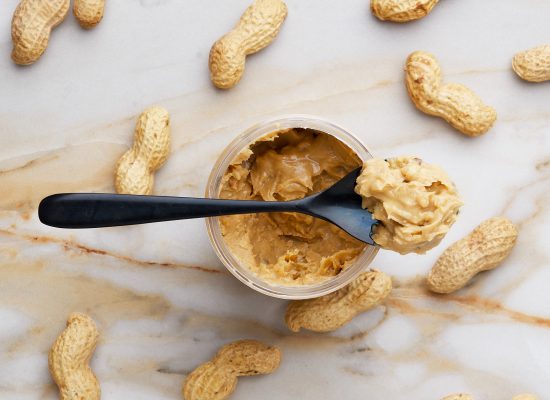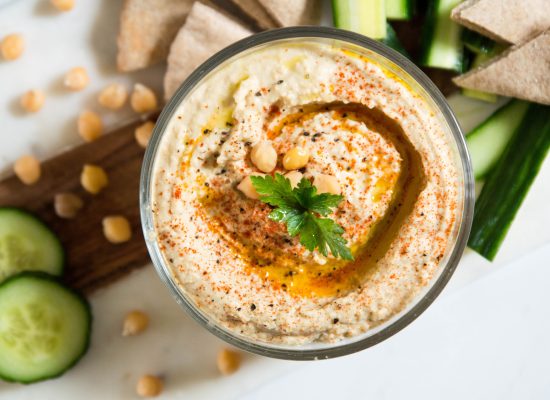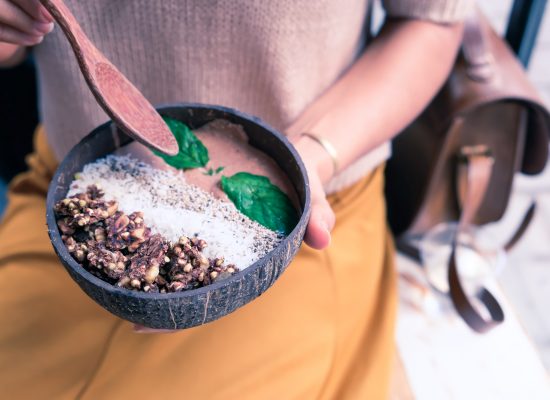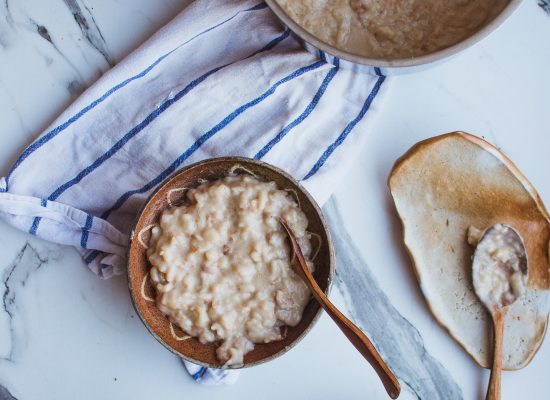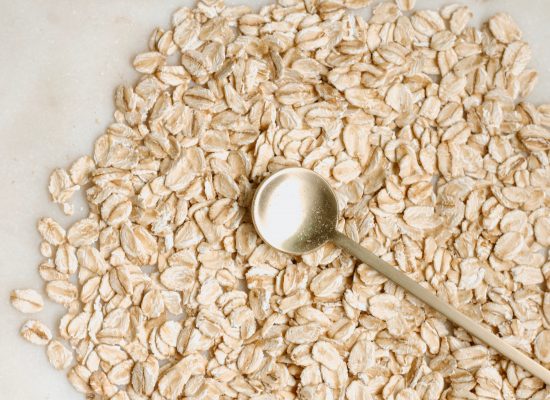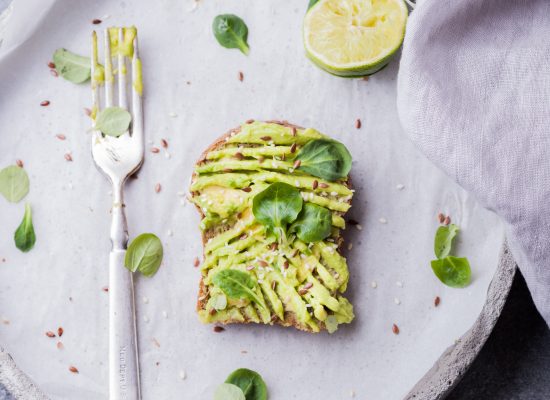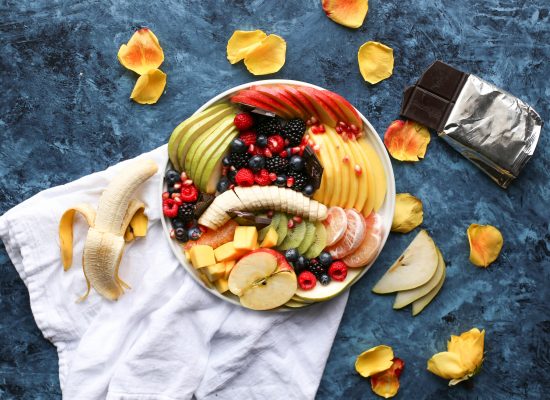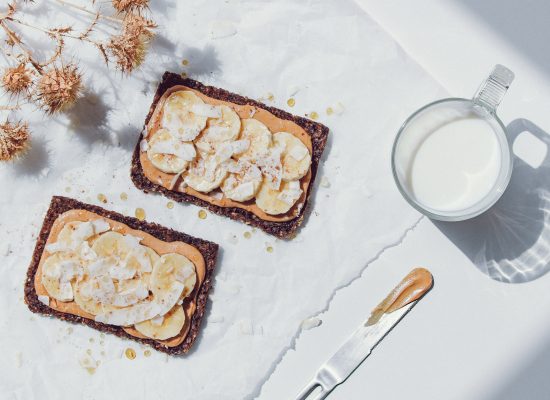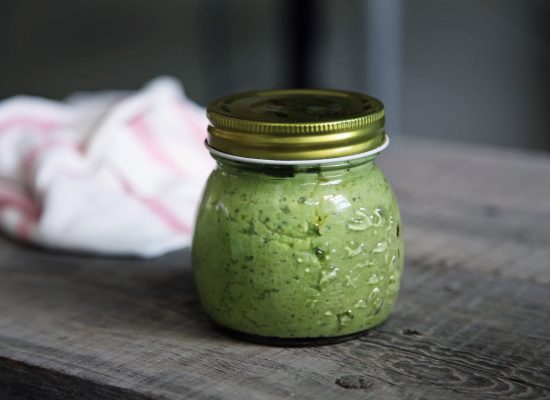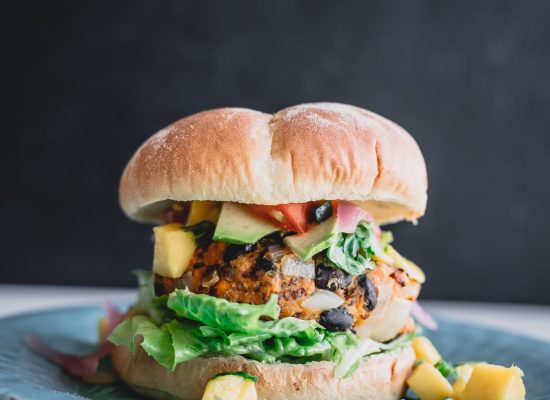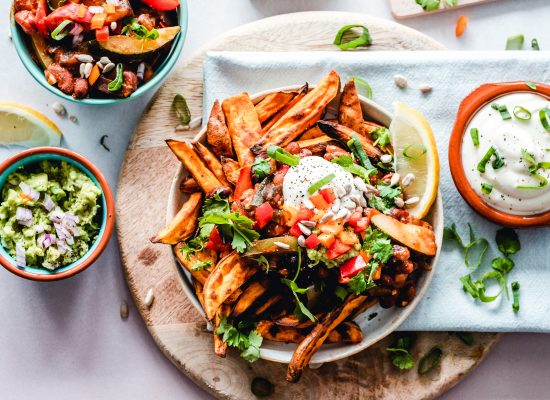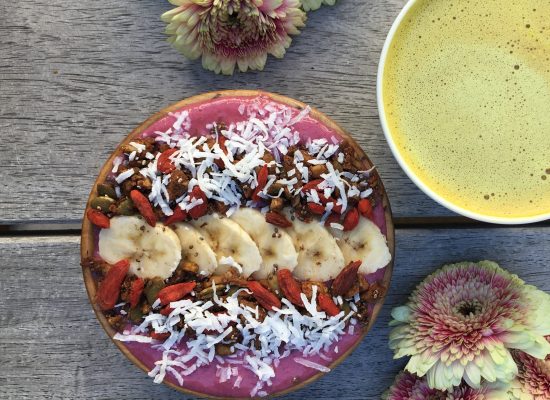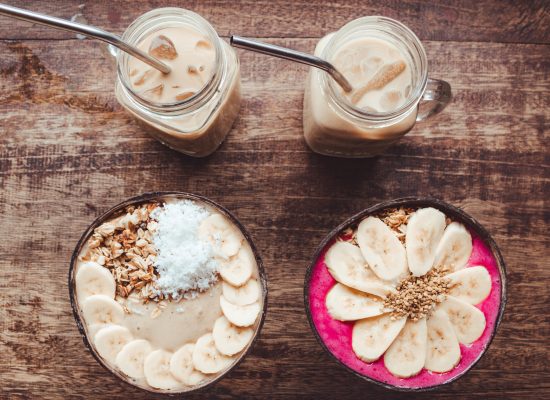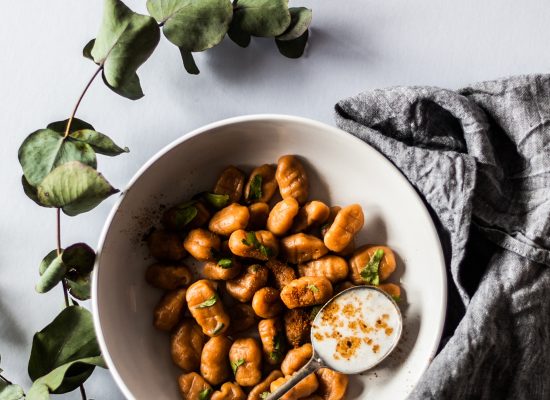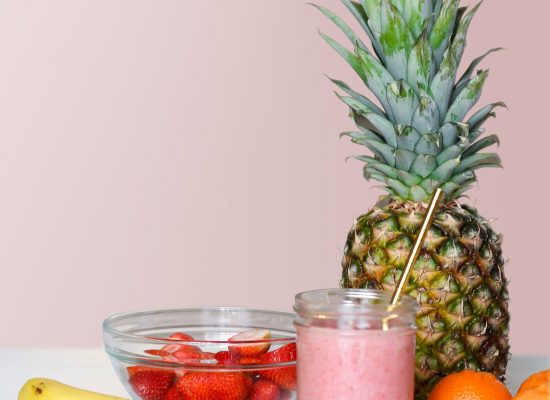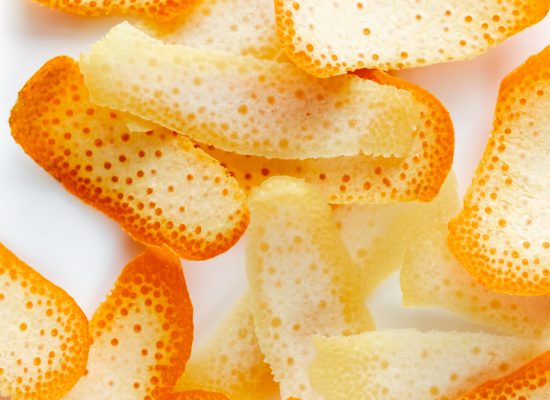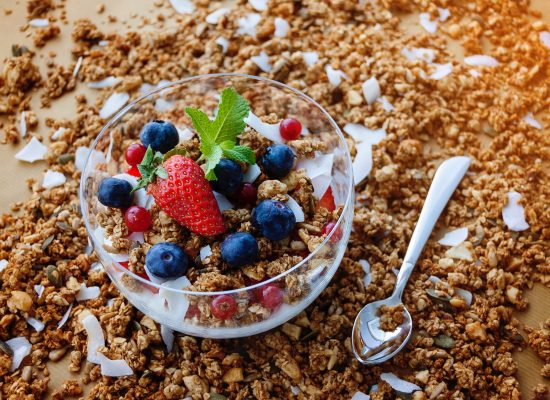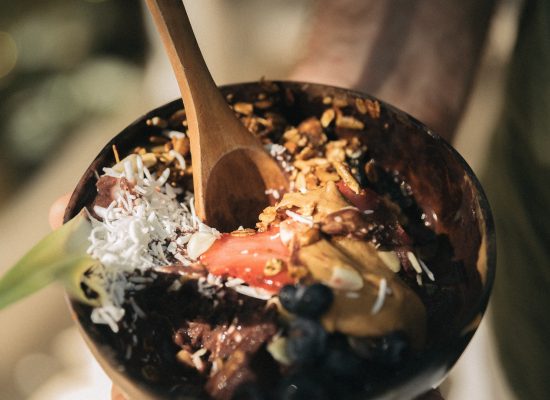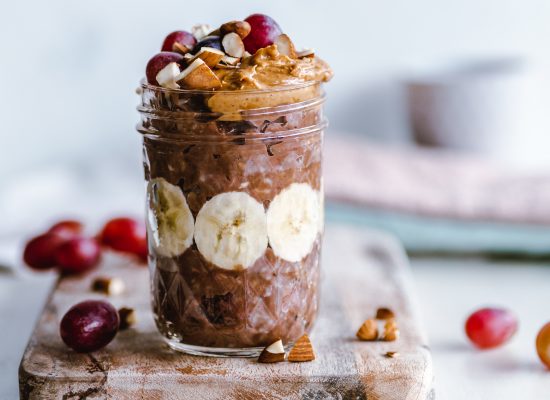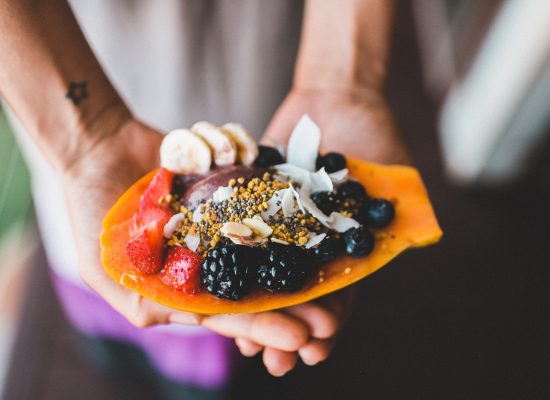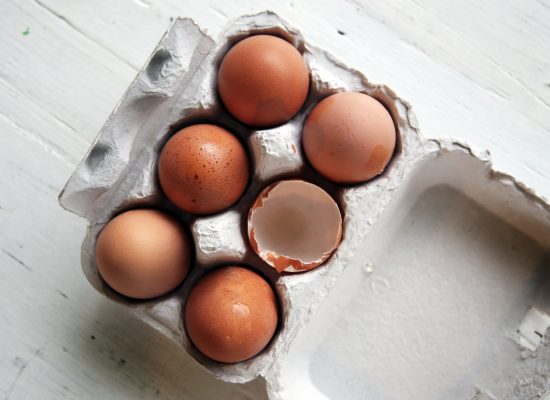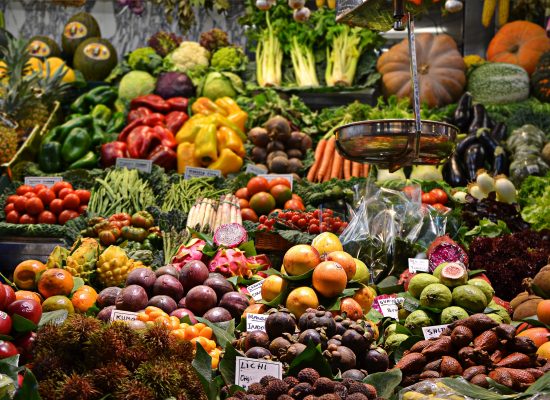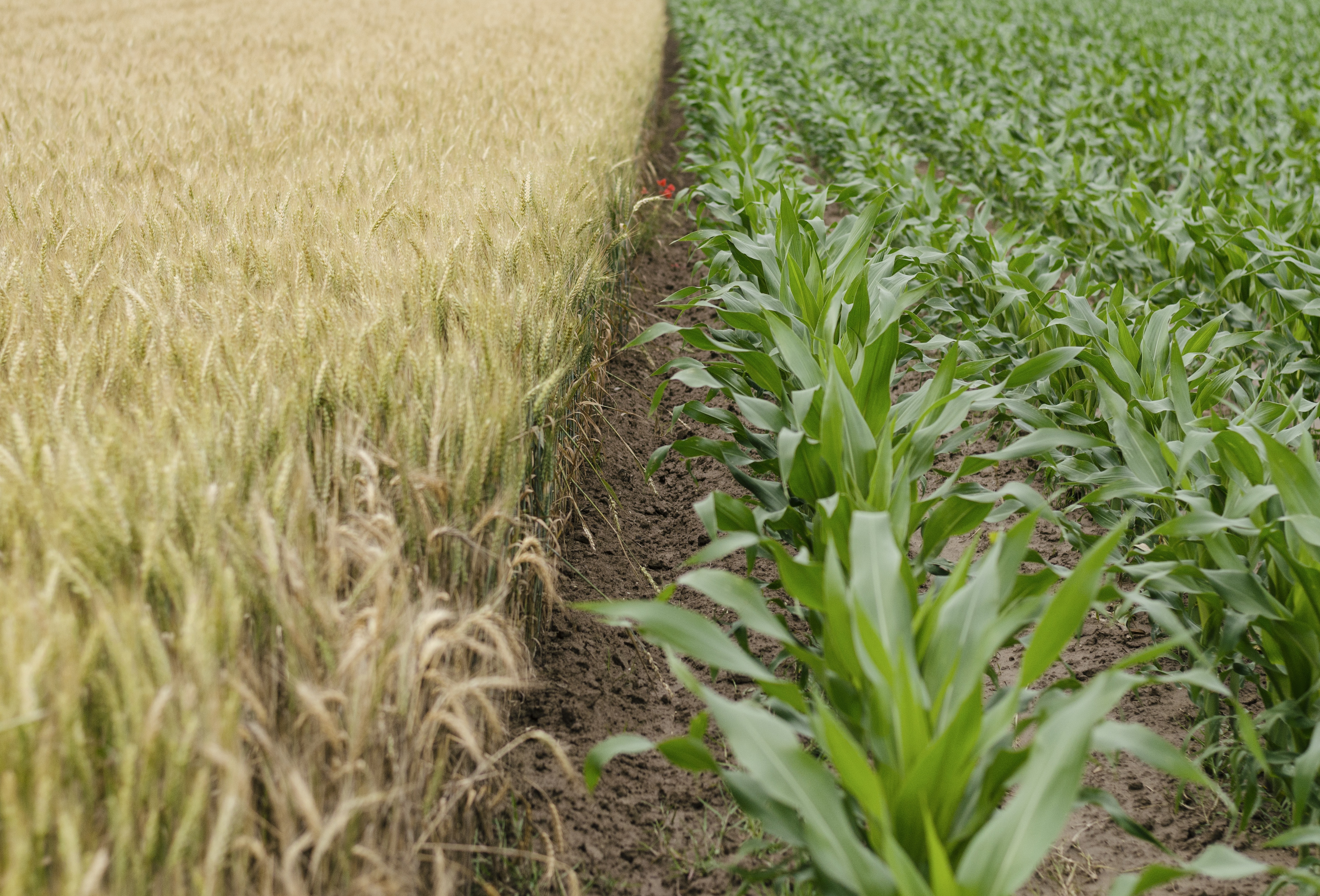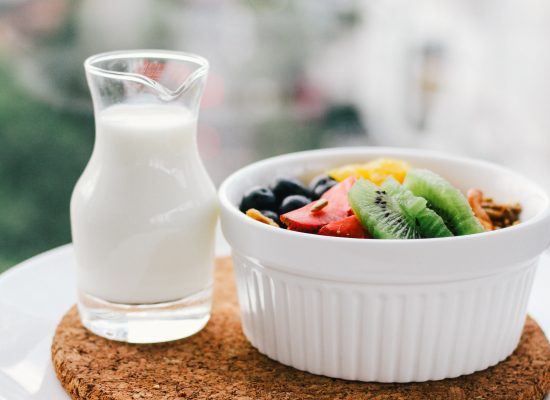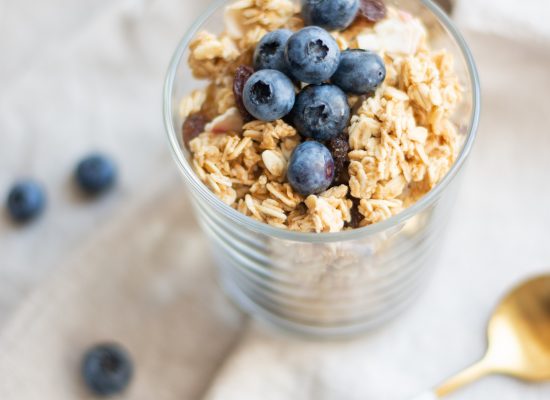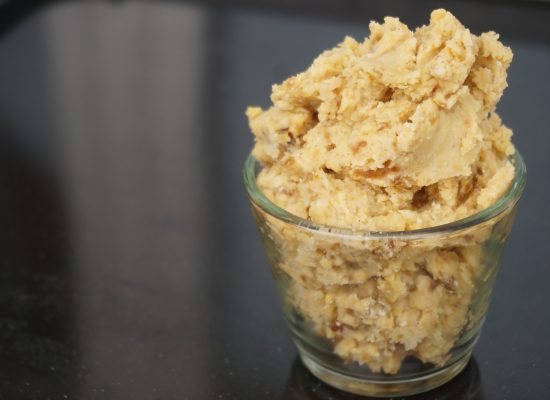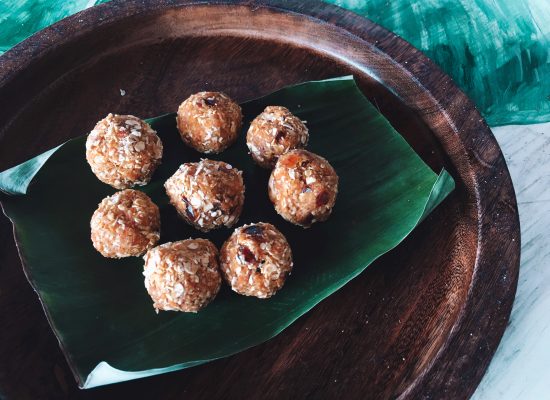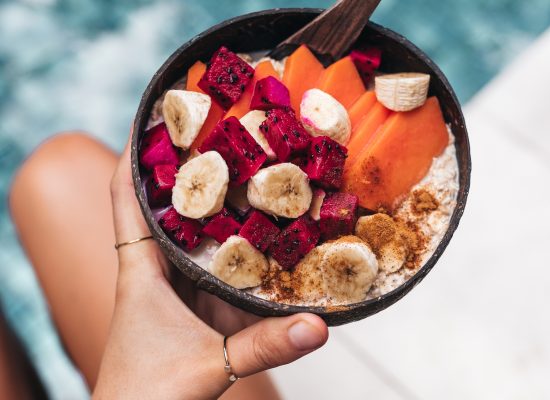9 amazing benefits of oats
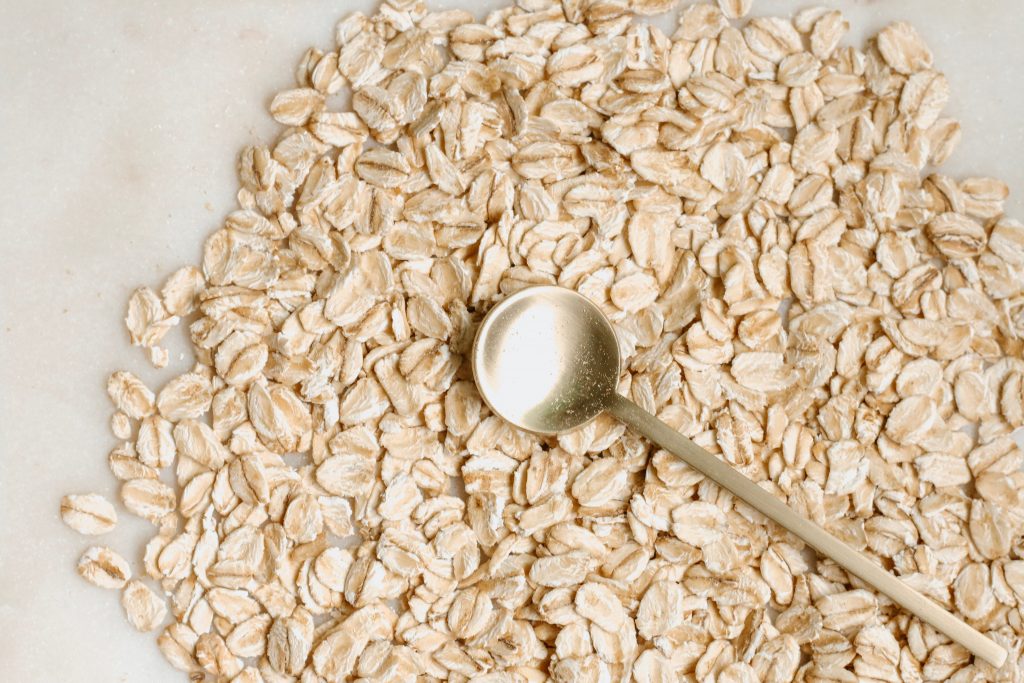
Everything you need to know about oats!
What are oats?
Oats are a (largely) gluten-free, whole grain.
They are a great source for important minerals, vitamins, antioxidants & fiber.
Oats are considered one of the healthiest grains among all the grains.
Benefits of oats
1 – They contain a lot of fiber
Fiber normalizes bowel movement (and therefore helps maintain bowel health), aids in achieving healthy body weight, loweres cholosterol levels & helps to control blood sugar levels.
Because of the fiber that is found in oats, they will keep you full and satisfied for longer than most other foods.
Benefits of fiber in oats:
- improved gut health (because of increased growth of good bacteria in the gut)
- reduced bad cholesterol
- reduced blood sugar
- feeling of comfortable & satisfied fullness
2 – They are filling
As mentioned before, oats are very high in fiber and therefore likely to keep a person full for longer.
Its filling power comes from the ability to soak the water and the high content of fiber.
3 – They are gluten-free (mostly)
Oats are not gluteneous, however may be contamitated with wheat as they are often produced in the same factory.
There are certain brands that label their oats a gluten-free which is important for people with celiac disease.
4 – Oats are “good carbs”
Carbs (=carbohydrates) are one of the 3 macronutrients (the other two being protein and fat). Carbs are a highly controversial topic these days – a lot of people are rather confused about whether they are healthy or not while others are cutting them out of their diet entirely (a low/no carb diet).
The main purpose of carbs is to provide energy. Carbs can also be saved as fat (stored energy) for later.
However one carb does not equal another carb. There are whole/complex carbs and refined/simple carbs.
Whole/complex carbs:
- unprocessed
- loaded with nutrients & fiber
- high in fiber: contain fiber naturally found in food
- natural sugar ≠ bad (natural sugar is completely different than simple/refined/industrial added sugar. Sugar naturally occuring in whole foods will not make you fat)
- key to long term health
- slow digestion
- keep you full longer
- help with weigh loss
- examples: whole vegetables & fruits, legumes (beans, peas, lentils), whole grains (brown rice, quinoa, oats, corn), potatoes/sweet potatoes
- -> eat more of this
Refined/simple carbs:
- processed
- lacking essential nutrients
- low in fiber: fiber taken away from that food
- high in sugar / added sugars
- fast digestion
- hunger comes quicker
- causes weight gain
- unhealthy & fattening
- empty calories
- examples: sugar sweetened beverages (soda), pastries, cakes, cookies, store bought fruit juices, junk food, fried foods, white bread, regular pasta, pizza, potato chips, french fries
- -> avoid this
Simple carbs tend to cause a major blood sugar spike, leading to a crash that can generate cravings, hunger or leaving you sluggish, tired and without energy.
Because whole foods are loaded with nutrients, consuming complex carbs will not lead to that “blood sugar roller coaster”. Instead the natural sugar found in those complex carbs are digested and absorbed more slowly and therefore don’t cause the same spikes in blood sugar.
5 – They are nutrient dense
The nutritional structure of oats is very well-balanced.
They are a great source of minerals, antioxidants, vitamins, good carbs & fiber, contain more protein and healthy fats than most other grains. They might even be the healthiest grain on this planet.
6 – They can lower cholestrol levels
Oats contain a specific type of fiber called beta glucan, which has been shown to lower the bad cholesterol level (LDL). Therefore the regular consuption of oats might even help with lowering the risk of heart disease.
7 – They help lower blood sugar
Oats stabalize blood sugar.
The characteristics of high fiber and complex carb slow down the conversion of the whole-food to sugar & energy.
As mentioned in benefit 6, oats contain a soluble fiber called beta glucan. Beta glucan has shown benefits for blood sugar control. Studies demonstrate that beta glucan may improve insulin sensitivity.
8 – They might help with constipation
Oats contain a high amount of healthy fiber, which helps to regulate bowel movement.
That fiber bulks up the stool, helps the food pass more quickly through the stomach & intestines, soften it and make it easier to pass.
9 – They are delicious
Not much to say here, except: try it yourself!
See the tips below ↓
How to prepare oats?
Oats are commonly eaten for breakfast, as oatmeal (oats heated in water or your favorite plant based milk. I highly recommend to top your oatmeal with nut butter and fresh fruits).
Some ideas how to eat oats:
porridge (berry porridge, chocolate porridge, autumn porridge, plain porridge)
pancakes
overnight oats
granola
energy balls
oat milk
or even oats as the base in a vegan burger
Avoid these mistakes when preparing oats
1) don’t buy prepacked flavored oatmeal
Prepackaged flavored oatmeal has often added sugar inside, making it less of a whole-food but more of a simple carb (see bullet 4 above for more on that).
2) don’t add too much sugar
Sugar is a proccessed food. Unlikely oats (or any other whole-food carbs they spike your blood sugar, leaving you feeling sluggish, tired and hangry soon after a meal)
3) don’t prepare it with water, use your favorite plant based milk instead
Replacing water with any plant based milks will make your oatmeal more creamy & flavorful.
4) don’t forget to add spices and toppings
Even though a creamy porridge is delicious itself, it will be so much better after adding some spices (such as cinnamon, pumpking spices, cardamon), fresh fruits or berries, nut butters, toppings of your choice (hemp seeds, homemade granola, unsweetened coconut yoghurt, nuts & seeds, coocnut flakes) or other natural flavorful ingredients (such as cacao powder).



